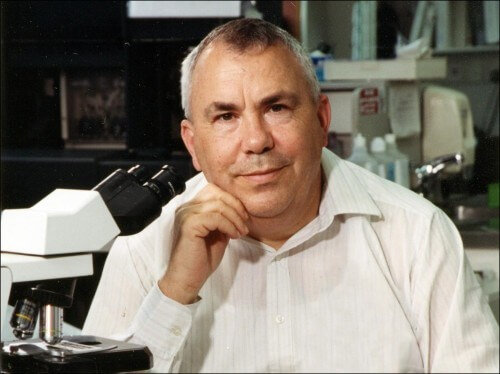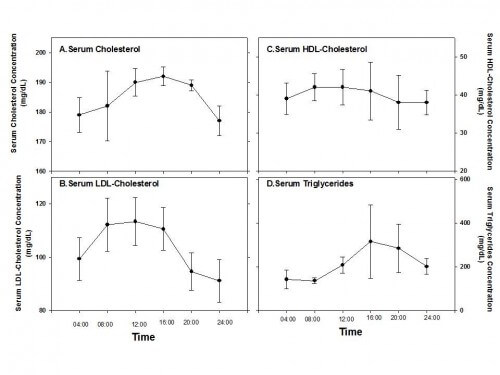This is according to a new study by Professor Michael Aviram of the Technion and the Rambam Medical Center, which is about to be published in the Journal of Horticulture

Who schedules the cholesterol?
In the coming days, a new study by Professor Michael Aviram from the Technion and the Rambam Medical Center will be published in the Journal of Horticulture. In this study, the existence of a "biological clock" that schedules the levels of cholesterol, triglycerides and oxidation in the body was examined. In the study, these levels were examined in healthy subjects, in patients with excess blood cholesterol (before and after treatment with statins or pomegranate extract), and in diabetic patients (before and after treatment with metformin or pomegranate extract).
The study revealed that the peak levels of blood lipids and oxidative stress among healthy people are recorded in the afternoon, while among patients of both types - at night. Among the healthy subjects, a circadian rhythm was discovered during the day.
"The practical significance of these findings," says Professor Aviram, "is that we must use the drug or nutritional treatment intelligently, that is, instruct patients to take the drugs so that they work while the levels of lipids and oxidative stress reach their peak. Adjusting the treatment times to the blood test pattern will optimize the treatment goal - delaying the development of arteriosclerosis. Such a delay may prevent a heart attack or stroke.
Professor Michael Aviram is the director of the lipid research laboratory at the Rappaport Technion Faculty of Medicine and the Rambam Medical Center.


4 תגובות
Peace
How can I contact Professor Michael Aviram?
Thanks
If the peak of the cholesterol level is at noon, you should actually take the medicine much earlier
And not at peak time (as written here) - because it takes time for the drug to work.
There is no connection between the title and the content... In the same way, the phenomenon of height differences in humans between morning and evening hours can be described with the title: Discovery: The biological clock that regulates human height.
There is no connection between the title and the content... In the same way, the phenomenon of height differences in humans between morning and evening hours can be described with the title: Discovery: The biological clock that regulates human height.